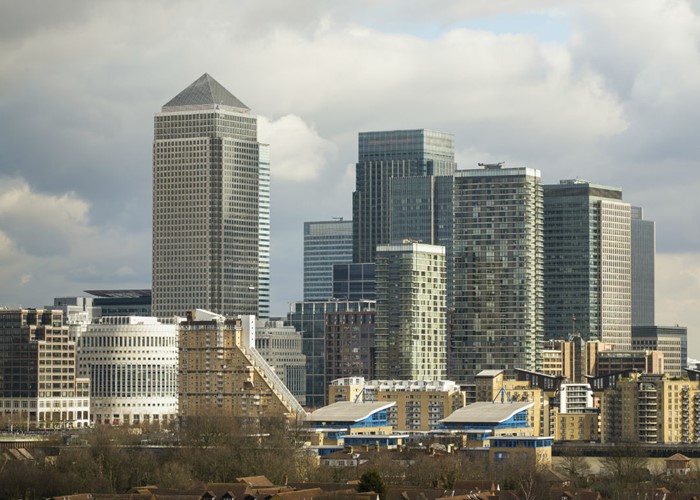Bonds smash shares

Stock market investors had a poor 2011 and a poor decade too. But shares should still be a good investment for the next ten years.
Investing in the UK stock market was a great way to lose money in 2011. Once you take inflation out of the picture, shares delivered a return of minus 7.8%. That figure includes dividends paid to shareholders.
You’d have done much better if you had put your money into gilts (UK government bonds.) They delivered a real return of 15.8%. In other words, gilt investors will have kept up with inflation and gained a further 15.8%! That’s way, way higher than you’d normally expect for gilts.
These figures come from the Barclays Equity Gilt Study 2012 which is fascinating read. Look at these numbers for longer-term returns.
Real investment returns (% per annum)
|
Asset |
2011 |
10 years |
20 years |
50 years |
112 years |
|
Shares (Equities) |
- 7.8 |
1.2 |
4.8 |
5.3 |
4.9 |
|
Gilts |
15.8 |
3.9 |
5.9 |
3.1 |
1.3 |
|
Corporate Bonds |
1.6 |
1.6 |
|
|
|
|
Index-Linked Gilts |
14.4 |
4.0 |
5.0 |
|
|
|
Cash |
-4.1 |
0.2 |
2.1 |
1.6 |
0.9 |
If you’re wondering what Corporate Bonds are, they’re similar to gilts except that they’re issued by companies. As a result, they’re normally seen as higher-risk than gilts but often deliver a higher return. Index-Linked Gilts are gilts that also offer some protection against inflation.
The table shows that UK shares have only delivered a real return of 1.2% a year over the last ten years. In other words, if you had invested in a UK index tracker fund, your wealth would have risen roughly by inflation plus an extra 1.2% each year. (Of course, charges would have reduced that 1.2% gain.)
Over the same period, gilts would have delivered a 3.9% real return, a handsome victory for an asset that is normally seen as lower risk. In fact, gilts have even beaten shares over 20 years which is an astonishing result. (This return includes the coupon which is roughly equivalent to a dividend on a share.)
In fact, you have to go back to the eighties to find a time when shares comprehensively beat gilts:
Real investment returns over decades (% per annum)
|
Decade |
Shares |
Gilts |
Index-linked |
Cash |
|
1941-51 |
4.1 |
-2.6 |
|
-2.0 |
|
1951-61 |
12.2 |
-3.3 |
|
0.6 |
|
1961-71 |
6.6 |
1.4 |
|
1.2 |
|
1971-81 |
-2.4 |
-5.6 |
|
-2.7 |
|
1981-91 |
13.2 |
8.4 |
|
5.8 |
|
1991-2001 |
8.6 |
8.0 |
5.9 |
4.0 |
|
2001-2011 |
1.2 |
3.9 |
4.0 |
0.2 |
Why have gilts done so well?
I looked at this issue in How to buy gilts and gave four possible explanations. I’d now like to add a fifth thanks to Barclays’ boffins. Barclays argues that gilt prices have been driven up by a global shortage of truly safe assets to invest in.
That might seem surprising given that both the US and UK governments have been issuing large volumes of bonds as their borrowing has soared. However, the financial crisis has also meant that Italian and Spanish government debt is no longer seen as truly safe, and the same thing has happened with lots of mortgage-backed securities that were seen as super-safe prior to 2007.
What’s more, the demand for safe assets has risen as emerging economies such as China have grown. This trend had started before the financial crisis.
It's an interesting theory, although I must say I'm not 100% convinced. But there's no doubt that gilts have been a cracking investment over the last decade.
What about the next ten years?
The obvious follow-up question is: what should you do for the next ten years?
Well, I don’t think that gilts will do anything like as well, simply because they’re now so expensive and offer such low yields. It’s hard to see how they can go much higher.
However, that doesn’t mean that shares are set to soar. Stock markets have risen in recent weeks and no longer look particularly cheap using standard measures of value. If you look at how much profit is being made by companies, and their current market valuations, many businesses don't look like bargains.
What’s more, economic growth is set to be sluggish for years to come as governments, individuals and companies pay down debt. So my best guess is that the UK stock market will deliver modest gains over the next decade and probably beat gilts. However, you should also expect a bumpy ride along the way.
Property
I know that many readers will be wondering why I haven’t mentioned property so far. The main reason is that it’s hard to find accurate data on residential property that includes rental income. I’m well aware that flats and houses have done very well over the last decade even if their performance has been much more patchy since 2008.
Given the economic background, I’m not that optimistic about the outlook for property either and I certainly don’t want to be a buy-to-let landlord myself. Too much hassle.
So I’ll put the majority of my savings into the stock market over the next few years. Much of that investing will be done via an index tracker. I’ll just be realistic about the size of my potential profits.
More: Six great reasons to choose an index tracker | Shares vs property | The best way to boost your wealth
Comments
Be the first to comment
Do you want to comment on this article? You need to be signed in for this feature